
If you’re new to veganism, the idea of switching to an entirely plant-based diet might be a little daunting! Perhaps you’re concerned about how to get all the vitamins and minerals you need. Maybe you’re unsure of how to replace certain ingredients in your favourite meals. Whatever questions you have, our beginners’ guide to veganism is here to help. We discuss everything from the benefits of a plant-based diet to how to go vegan the healthy way. So, without further ado, let’s get started!
January 02, 2023 8:38 pm January 02, 2023 8:38 pmWhat is veganism?
First, let’s clarify exactly what’s meant by veganism. Following a plant-based diet simply means only eating food that comes from plants. As well as fruit and vegetables, that includes ingredients such as seeds, pulses, nuts and grains. Any products that are made from, or come from, animals are off the menu. That means no meat, fish, eggs, or dairy products such as milk, cream, and cheese.
For lots of people who eat a typical Western diet, this can be a big change. Even if you’re already vegetarian, many meat-free meals contain some form of dairy. Don’t worry though, because switching to a plant-based diet is easier than you might expect. With a little research and an open mind, you’re sure to find going vegan a breeze.
Remember, veganism isn’t about purity – so you can start slow. While some people switch to a plant-based diet overnight, others find it easier to take it step by step. You could begin by having one or two vegan days a week, or one vegan meal a day. Even this can benefit both your health and the planet.
The most important thing is to ensure that you’re approaching veganism in a healthy way. When adopting a plant-based diet, you don’t want to simply cut out meat and dairy from your existing meals. Instead, try experimenting with new ingredients, flavours, and styles of cooking. This will help ensure that you make vegan dishes which both taste delicious and provide all the nutrients you need.
So, what is a plant-based diet? It’s a chance for you to improve your health, do your part for the planet, and broaden your culinary repertoire. Amazing!
The benefits of a plant-based diet
So, let’s get more specific about how following a balanced plant-based diet benefits you. There are two main reasons why going vegan can be good for your wellbeing. Firstly, you’re cutting out unhealthy ingredients such as processed meat. Secondly, you’ll be increasing your consumption of wellness-boosting foods such as fruits and vegetables. Talk about a winning combination!
To begin with, adopting a plant-based diet can help you lose excess weight or maintain a healthy weight. Studies have found that vegans tend to have a lower BMI than people who don’t follow a plant-based diet. They are also at less risk of becoming obese.(1) This suggests that veganism may be a great way to stave off obesity without worrying about counting calories.
Another of the many plant-based diet benefits you can look forward to is that veganism is good for your heart. Research suggests vegans have a decreased risk of high blood pressure, and are also less likely to develop heart disease.(2) Studies additionally indicate that a plant-based diet can lower blood sugar levels and reduce your risk of type 2 diabetes.(3)
Furthermore, going vegan may decrease your risk of developing certain types of cancer.(4) One reason for this is that consumption of red and processed meats is associated with an increased cancer risk.(5) Conversely, experts have found that many foods commonly included in a plant-based diet can reduce your chances of getting cancer. For example, tofu may protect against breast cancer, while legumes could lower the risk of colorectal cancer.(6)(7)
No wonder the popularity of veganism is on the rise!
How a plant-based diet helps the planet
One of the fantastic things about veganism is that it’s not only good for your health – it’s also good for the planet.
Research indicates that a plant-based diet has a much smaller environmental footprint than a non-vegan diet.(8) This is because growing plants requires less land and uses less water than meat and dairy farming. It also produces a lower amount of greenhouse gas emissions and other forms of pollution.
Plus, adopting a plant-based diet means that you’re not contributing to the suffering and exploitation of animals.
What foods should I eat on a plant-based diet?
When we consider the benefits of veganism, it’s important to note that the type of plant-based food you eat matters. After all, tucking into processed vegan sausages and chips every day counts as a plant-based diet – but it won’t do your health much good!
Instead, try to aim for a plant-based diet that emphasises whole foods rather than processed products. That includes vegetables, fruit, grains, legumes, beans, nuts and seeds. This is the most effective way to ensure that you get all the nutrients you need and enjoy the health benefits discussed above.
Similarly, a good guide to veganism is to include an array of different coloured fruits and vegetables on your plate. Not only does this look appetising, it helps ensure that you have plenty of wellness-boosting phytonutrients in your diet. These are plant compounds that help to protect us from a range of chronic diseases like cancer and heart disease.(9)
For maximum benefit, don’t peel ingredients such as apples and aubergines – the skin is where the nutrients are most concentrated!
But where do you get your protein from?
One of the factors people worry most about on a plant-based diet is where they’re going to get protein from. Protein is an essential macronutrient found throughout the body. It’s made up of building blocks called amino acids, nine of which we can’t produce by ourselves. These ‘essential amino acids’ must be obtained from our diet.(10)
There are a wealth of protein-rich plant foods out there to choose from. However, unlike animal sources of protein, many plant sources of protein don’t provide all nine essential amino acids.
There are two ways to overcome this. Firstly, try to include complete sources of plant-based protein in your diet, such as tofu, amaranth, chia seeds and quinoa. These do contain all of the essential amino acids the body needs to make new protein. One simple way to ensure you get complete protein is to add chia seed powder to smoothies and other dishes.
Secondly, by eating a variety of incomplete sources of plant-based protein, you can easily meet your overall amino acid requirements. Some of the best foods to opt for are legumes such as lentils and chickpeas, plus nuts and seeds.
Not only is it possible to get all the protein you need on a plant-based diet, it’s actually the healthier option. Evidence suggests that plant protein is better for us than animal protein, and reduces the risk of conditions such as cardiovascular disease.(11)
Despite what some people think, protein deficiency is uncommon among those who follow a healthy and well-planned plant-based diet.(12) So that’s one concern we can put to rest!
Related reading
"Try experimenting with new ingredients, flavours, and styles of cooking. This will help ensure that you make vegan dishes which both taste delicious and provide all the nutrients you need."
Can I get all the nutrients I need on a plant-based diet?
Of course, protein isn’t the only nutrient that you have to think about when switching to a plant-based diet. Some people worry that they’ll need to take supplements to avoid nutritional deficiencies as a vegan. However, for most of us, it’s perfectly possible to meet all our dietary requirements by simply eating the right foods.
There are plenty of advantages to choosing a healthy and balanced diet over popping a vitamin pill. First, you’re consuming groups of nutrients in their most natural form. This often makes it easier for your body to process and use them.(13) It also allows them to work together to support your wellbeing more effectively. Supplements, on the other hand, frequently contain isolated vitamins and minerals that are synthetically produced.
Further, many supplements contain other substances like fillers and binding agents, all within capsules often made from animal ingredients. With whole foods, however, you know exactly what you’re consuming.
In addition, getting your nutrients from food rather than supplements is a much tastier way to stay healthy. For example, our crackers are excellent sources of thiamine (vitamin B1), and packed with vital minerals like iron, magnesium and potassium. With a range of flavours to choose from including cashew cheese and Japanese wasabi, they’re both nourishing and delicious!
Let’s take a closer look at some of the key nutrients the body needs, and how to ensure you get enough of them on a plant-based diet.
Veganism and vitamins
Regardless of whether you’re vegan or not, it’s important to make sure you’re consuming certain key vitamins. Here’s how to do so on a plant-based diet:
- Vitamin A – our bodies can turn an antioxidant called beta-carotene into vitamin A. This is vital for everything from our eyesight to our immune system. Good plant-based sources of beta-carotene include carrots, sweet potatoes, butternut squash and sea buckthorn. In fact, it’s what gives these ingredients their characteristic bright colour!
- B vitamins – there are eight B vitamins our bodies need, including B12, which we’ll cover separately below. You can get all of them on a plant-based diet by tucking into dark leafy greens like spinach, plus nuts, seeds, lentils and other legumes.
- Vitamin C – citrus fruits such as oranges, lemons and grapefruits are famously high in immune-boosting vitamin C. Other excellent vegan sources include kale and red peppers.
- Vitamin D – vital for the health of our bones, the body can make vitamin D when our skin is exposed to sunlight. However, many of us don’t get enough sunshine to generate it in sufficient amounts. Therefore, it’s also important to consume dietary sources of vitamin D, such as mushrooms and hemp seeds.
- Vitamin E – this acts as an antioxidant, protecting our cells from damage by free radicals. You can get it on a plant-based diet by tucking into almonds, sunflower seeds, spinach, pumpkin, asparagus and avocado. Milk thistle oil is another easy way to add vitamin E to a vegan meal.
- Vitamin K – the body needs vitamin K for functions such as blood clotting and bone development. Great sources include kiwi fruit and green leafy vegetables such as kale, Brussels sprouts, broccoli and cabbage.
You can also find many of these vitamins in fortified vegan products, such as plant milks and cereals.
Vegan sources of vitamin B12
One of the primary concerns people have with a plant-based diet for beginners is getting enough vitamin B12. That’s because there’s a misconception that you can only find it in animal products. We’re pleased to say this isn’t the case.
However, as a vegan, you do need to make a conscious effort to include vitamin B12 in your diet. Otherwise, you may be at risk of developing a deficiency, because most plant foods don’t naturally contain it. Some of the best sources of vitamin B12 for people on a plant-based diet are:
- Tempeh
- Shiitake mushrooms
- Seaweed (e.g., nori)
- Chlorella (usually consumed as a powder or shot)
- Products fortified with B12, such as plant milks, nutritional yeast, soy products and cereals
Experts are still divided as to the reliability of sourcing vitamin B12 naturally from plant-based foods. As such, it’s sensible to include vegan-friendly products that are fortified with B12 in your diet too.
Marvellous minerals: how to include them in a plant-based diet
Minerals are just as crucial as vitamins for our health and wellbeing. Therefore, you need to take care to include them in a plant-based diet as well. Here are some of the most important to be aware of:
- Iron – this mineral is vital for maintaining healthy blood and transporting oxygen around the body. Spinach and other dark greens, dried apricots, lentils and Jerusalem artichoke are all fantastic vegan sources of iron. As a side note, consuming iron with vitamin C helps the body to absorb it more easily.
- Calcium – people often think you have to consume dairy products to get calcium. However, there are lots of ways to acquire this mineral on a plant-based diet too. This includes eating calcium-set tofu, chickpeas, almonds, sesame seeds and green leafy vegetables.
- Iodine – this is critical for thyroid function, and must be obtained through our diet. Seaweed and other sea vegetables are among the best plant sources of iodine.
- Selenium – just a few Brazil nuts a day can give you all the selenium the body requires.
- Zinc – there are plenty of ways to get zinc on a plant-based diet. Some of the best sources are pulses, tofu, cashew nuts, hemp seeds and quinoa.
- Magnesium – to ensure you get enough magnesium on a plant-based diet, you want to consume plenty of dark leafy greens. Flaxseeds, bananas, almonds and brown rice are also good choices.
- Potassium – this mineral is key for maintaining fluid levels within your cells. There are many great vegan sources of potassium, including bananas, avocados, sweet potatoes and walnuts.
- Phosphorus – you can get plenty of phosphorus on a plant-based diet by tucking into legumes, hemp seeds, tempeh and pumpkin seeds.
Like with vitamins, you can find many vegan products that are fortified with key minerals too.
Optimising your omega-3
Omega-3 fatty acids are essential fats that our bodies can’t make from scratch. As such, we need to obtain them from the food we eat. There are three main types of omega-3: alpha-linoleic acid (ALA), eicosapentaenoic acid (EPA), and docosahexaenoic acid (DHA).
There are lots of plant-based sources of ALA, including chia seeds, walnuts, hemp oil and soybeans. EPA and DHA, on the other hand, are mostly found in fish and fish oil. The good news is that the body can convert ALA to both EPA and DHA, although not very efficiently.(14) That means it’s important to make sure you include a few different sources of ALA in your diet. The Vegan Society estimates that the equivalent of six walnut halves and a tablespoon of ground linseed a day is sufficient.(15) Easy!
Top tips for adopting a plant-based diet
As you can see, it’s perfectly feasible to obtain all the nutrients you need on a plant-based diet. Moreover, embracing veganism can boost your health and wellbeing in all sorts of different ways. Ready to give it a go? Here are some top tips to help make the switch to a plant-based diet as smooth as possible:
- Don’t feel as though you have to quit all animal products cold turkey. Making a gradual transition to veganism can be easier and more sustainable. And if you slip up, it’s no big deal – just try again.
- Check out the recipes section of our website for culinary inspiration. We’ve got simple, nutritious and delicious meal suggestions for breakfast, lunch and dinner – plus tasty yet healthy snacks and desserts!
- Be open to trying new cooking styles, ingredients and flavours. There are all kinds of amazing plant-based meals from around the globe just waiting to be discovered!
- Don’t think that following a plant-based diet means you can’t dine out. These days, many restaurants include at least a couple of vegan options on their menu – and not only boring salads!
- Find a friend to go vegan with. Having someone to share the experience can make it much easier and more enjoyable to start a plant-based diet.
- Learn how to make plant-based versions of your favourite treats. From cheese to cake and ice cream, there’s nothing that can’t be veganised!
Related reading
Latest articles
References
- A plant-based diet for overweight and obesity prevention and treatment Journal of Geriatric Cardiology, 2017.
- Beyond Meatless, the Health Effects of Vegan Diets: Findings from the Adventist Cohorts Nutrients, 2014.
- A plant-based diet for the prevention and treatment of type 2 diabetes Journal of Geriatric Cardiology, 2017.
- Vegetarian, vegan diets and multiple health outcomes: A systematic review with meta-analysis of observational studies Critical Reviews in Food Science and Nutrition, 2017.
- Red and processed meat consumption and mortality: dose-response meta-analysis of prospective cohort studies Public Health Nutrition, 2016.
- Tofu intake is inversely associated with risk of breast cancer: A meta-analysis of observational studies PLoS One, 2020.
- Dietary legume consumption reduces risk of colorectal cancer: evidence from a meta-analysis of cohort studies Scientific Reports, 2015.
- Plant-Based Dietary Patterns for Human and Planetary Health Nutrients, 2022.
- Phytonutrients: Paint your plate with the colors of the rainbow Harvard Health Blog, 2019.
- The Nutrition Source: Protein Harvard T H Chan School of Public Health.
- Association of Animal and Plant Protein Intake With All-Cause and Cause-Specific Mortality JAMA Internal Medicine, 2016.
- Dietary Protein and Amino Acids in Vegetarian Diets—A Review Nutrients, 2019.
- Human plasma and tissue alpha-tocopherol concentrations in response to supplementation with deuterated natural and synthetic vitamin E The American Journal of Clinical Nutrition, 1998.
- Achieving optimal essential fatty acid status in vegetarians: current knowledge and practical implications The American Journal of Clinical Nutrition, 2003.
- Omega-3 and omega-6 fats The Vegan Society.
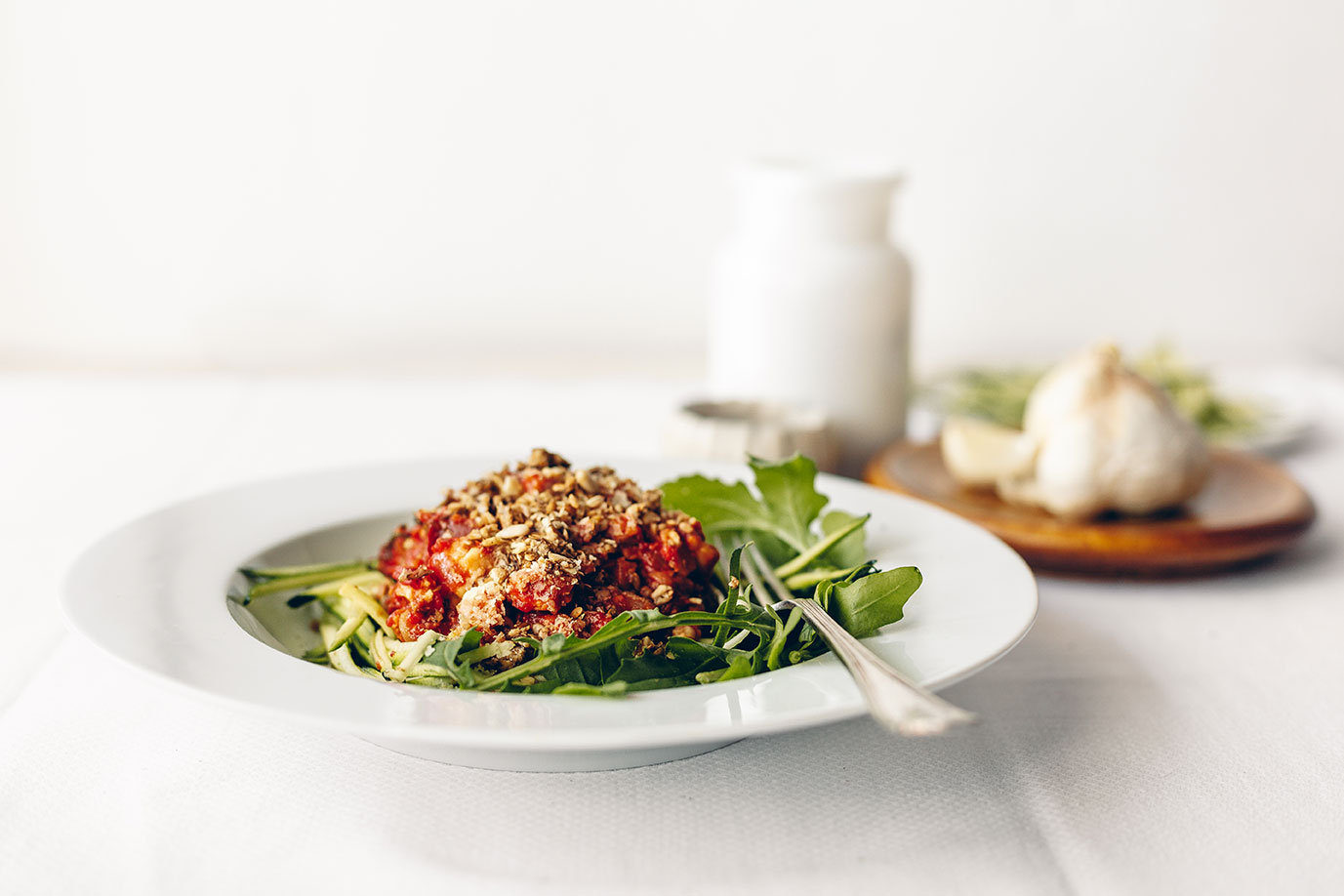
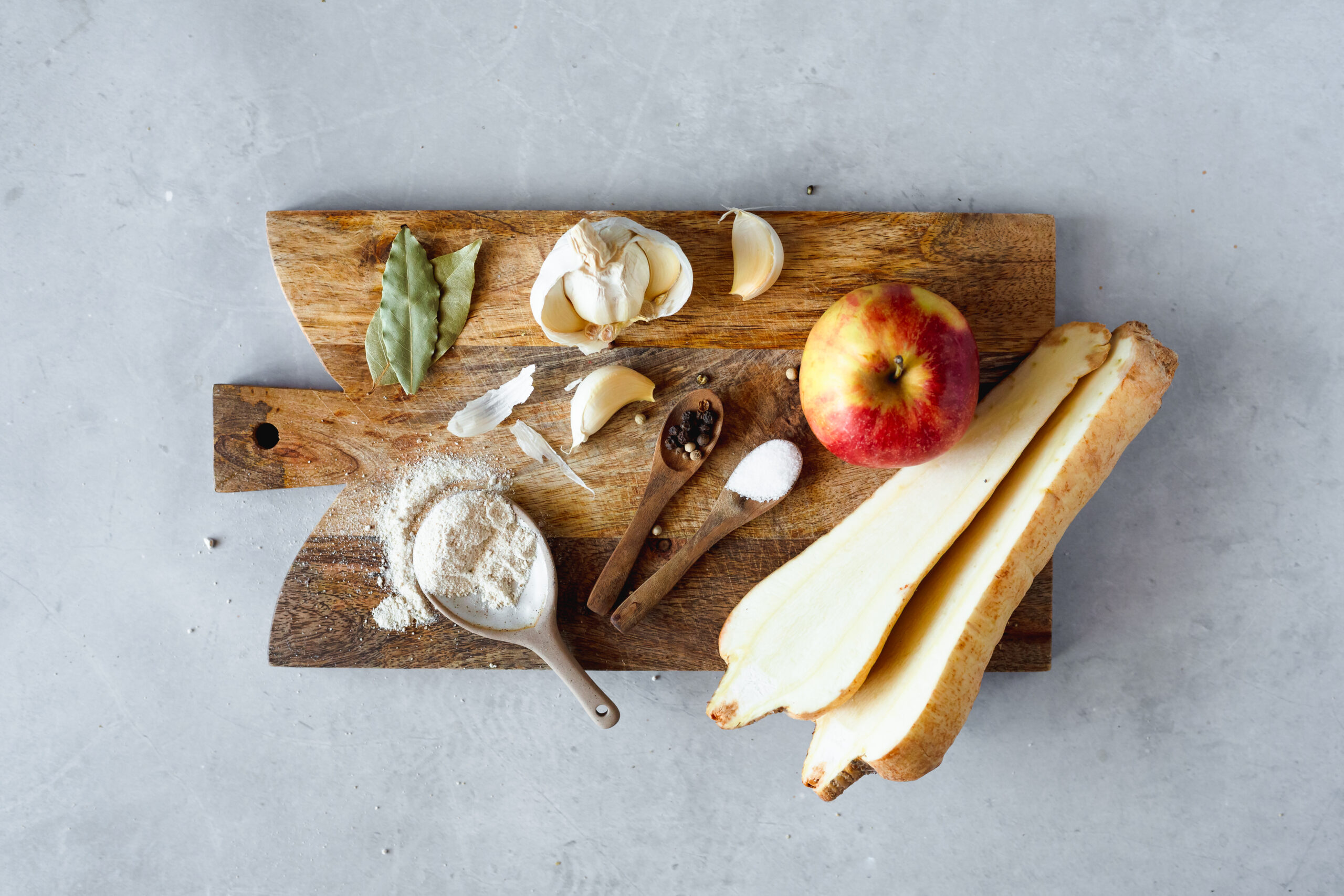
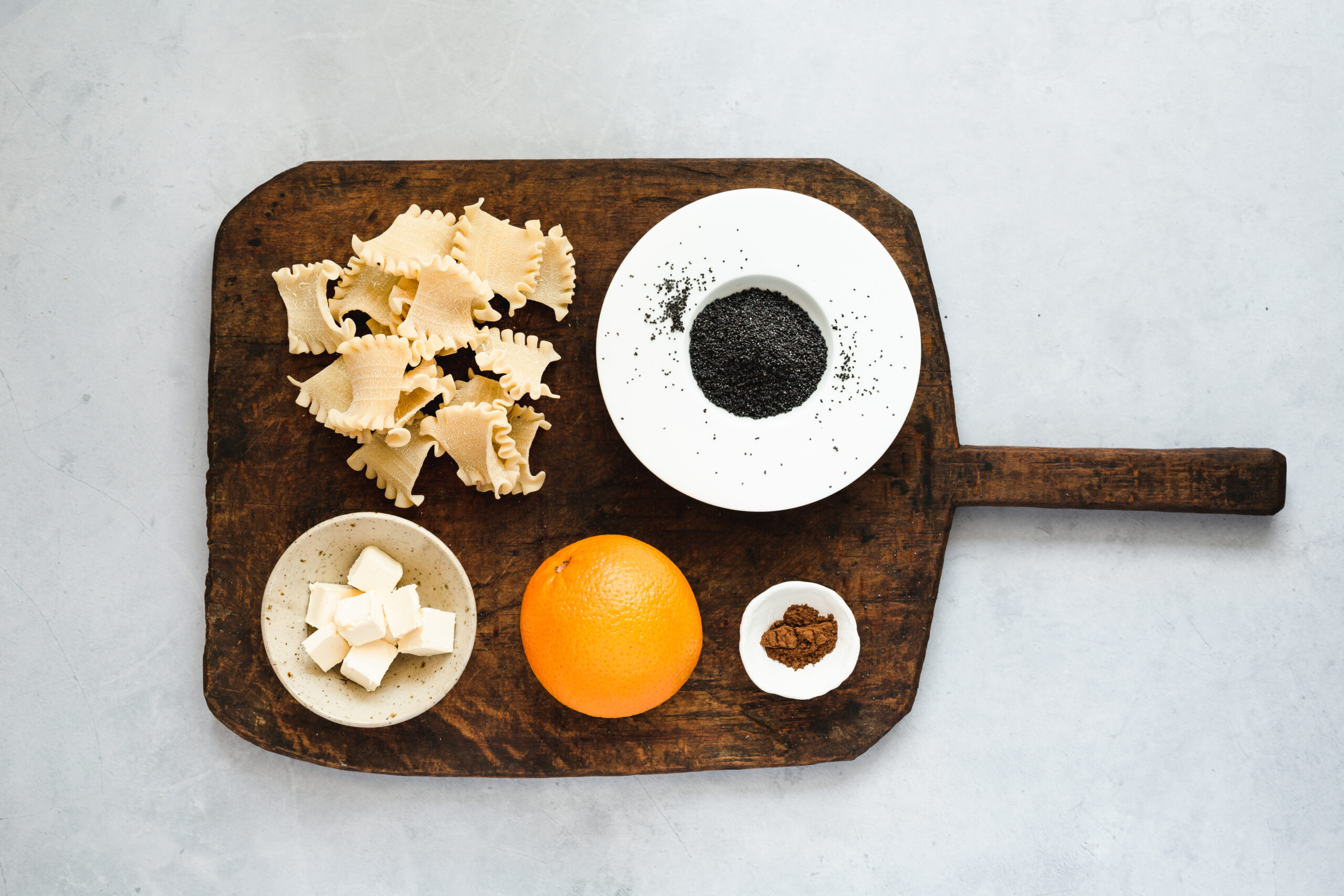
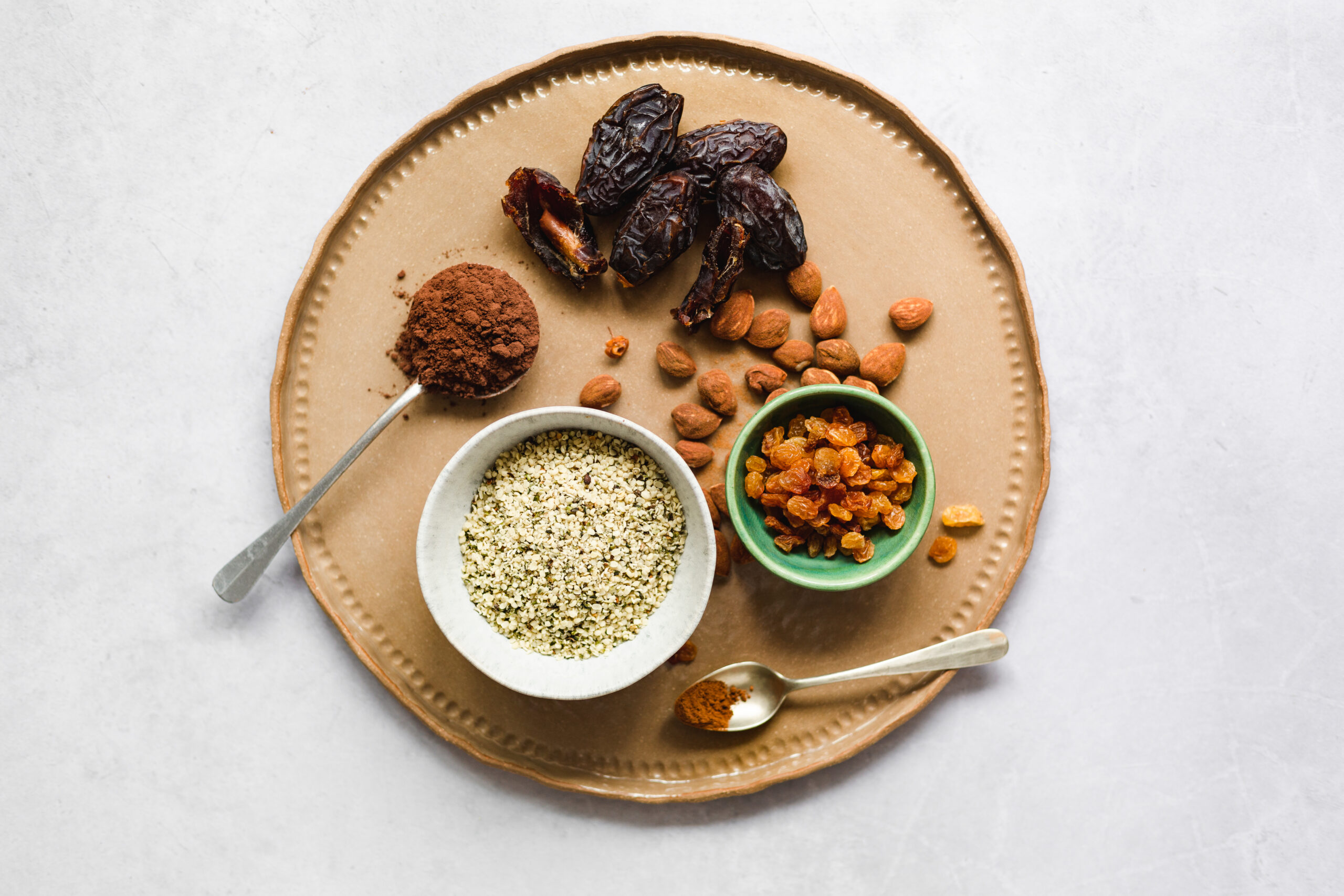
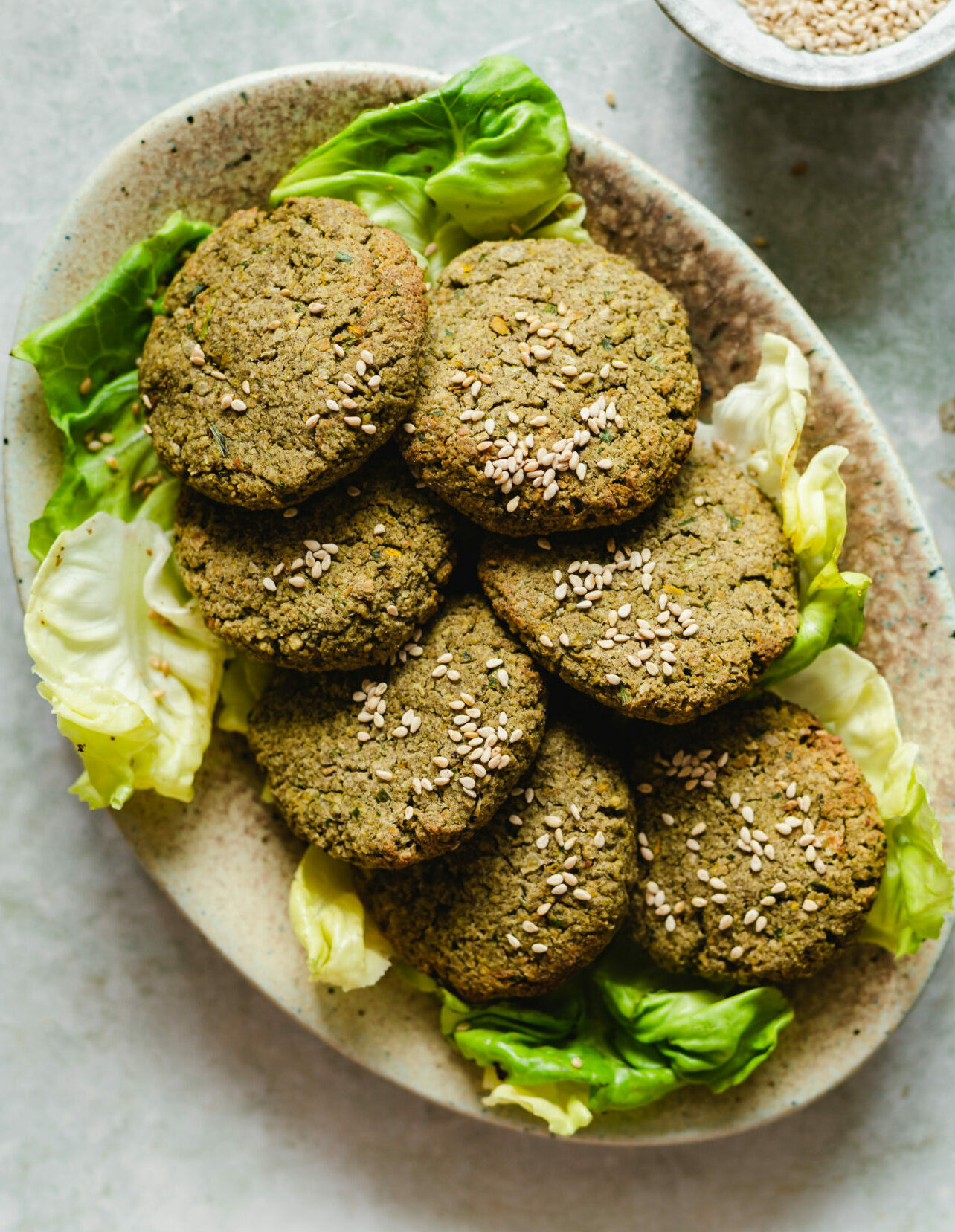
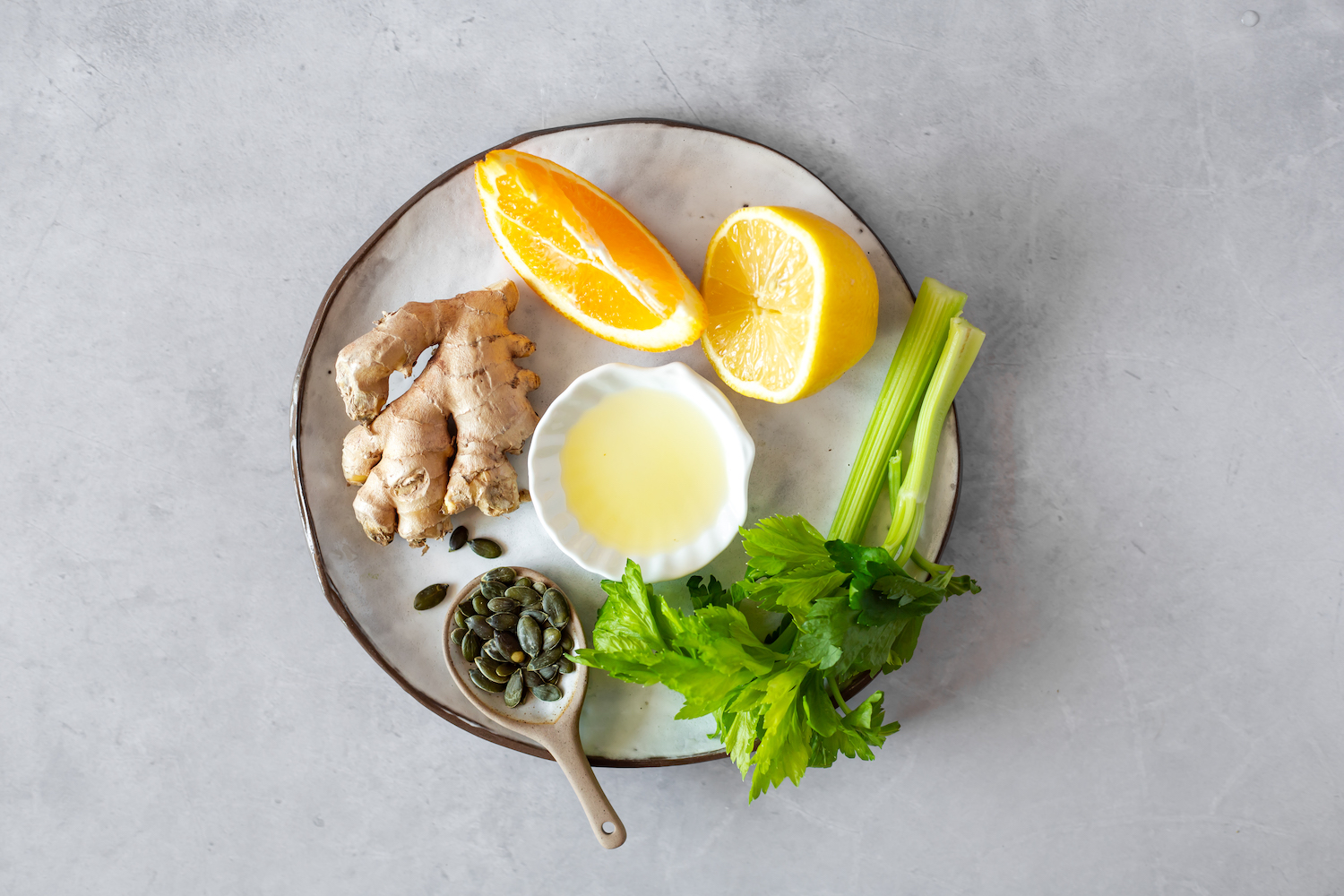
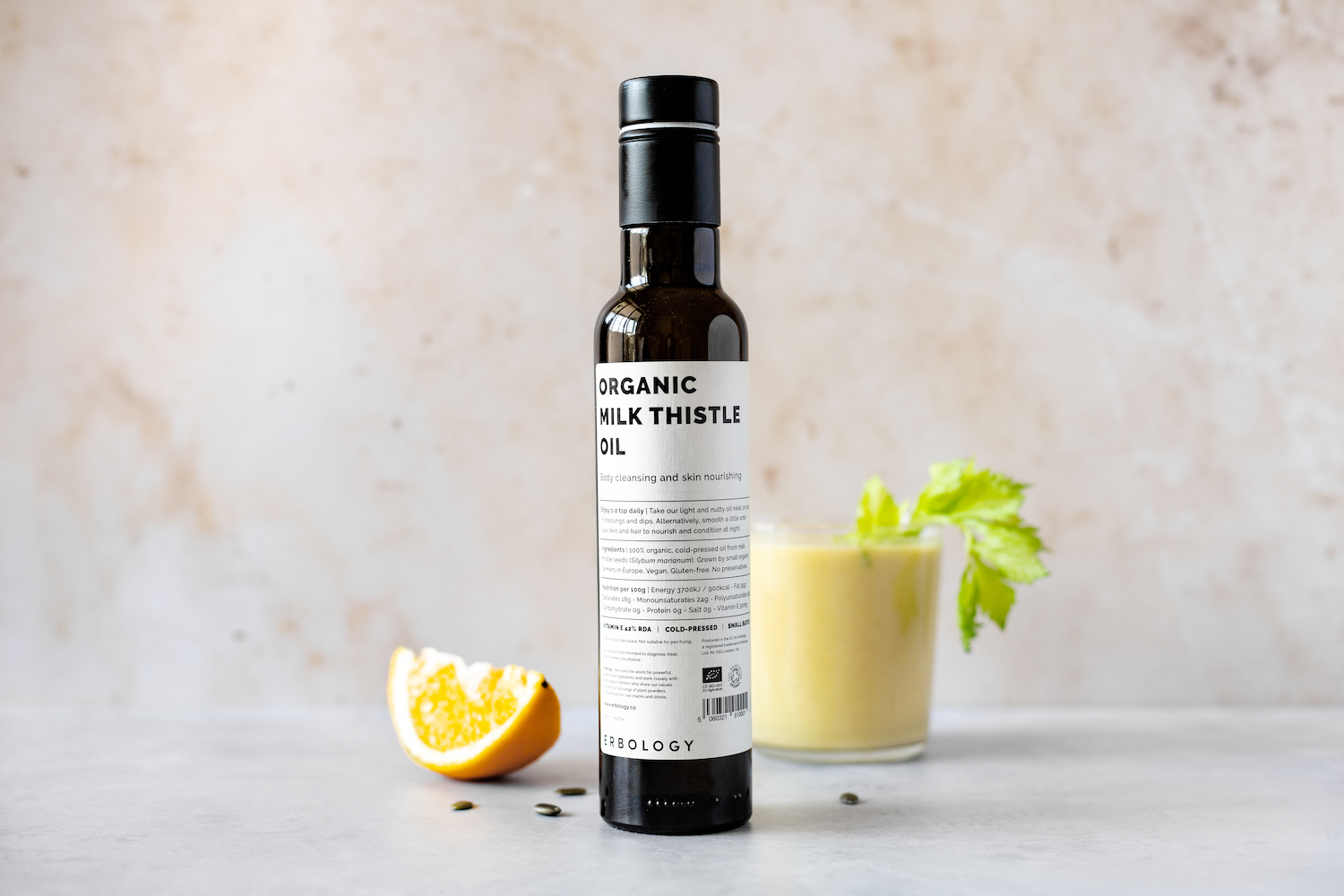
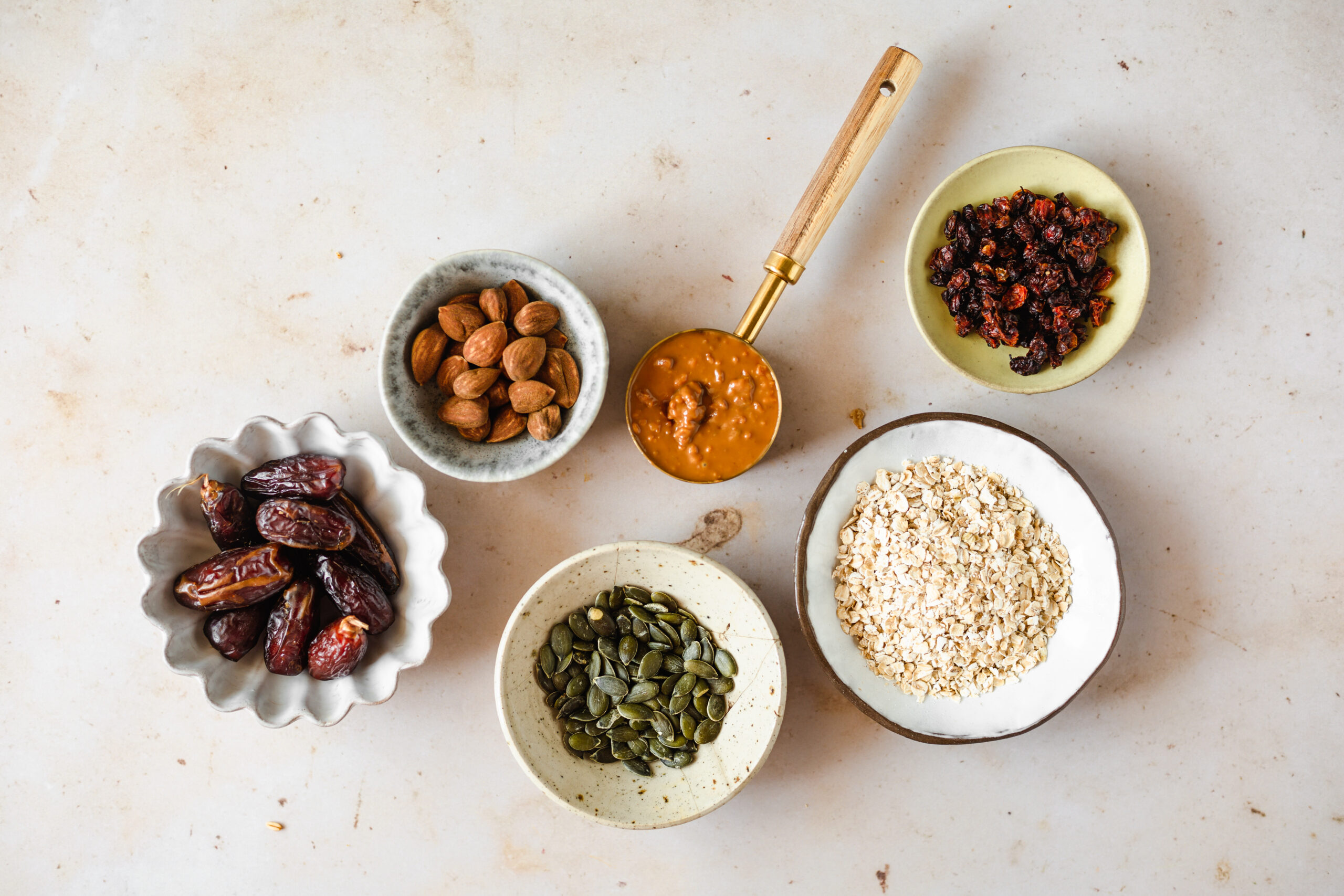
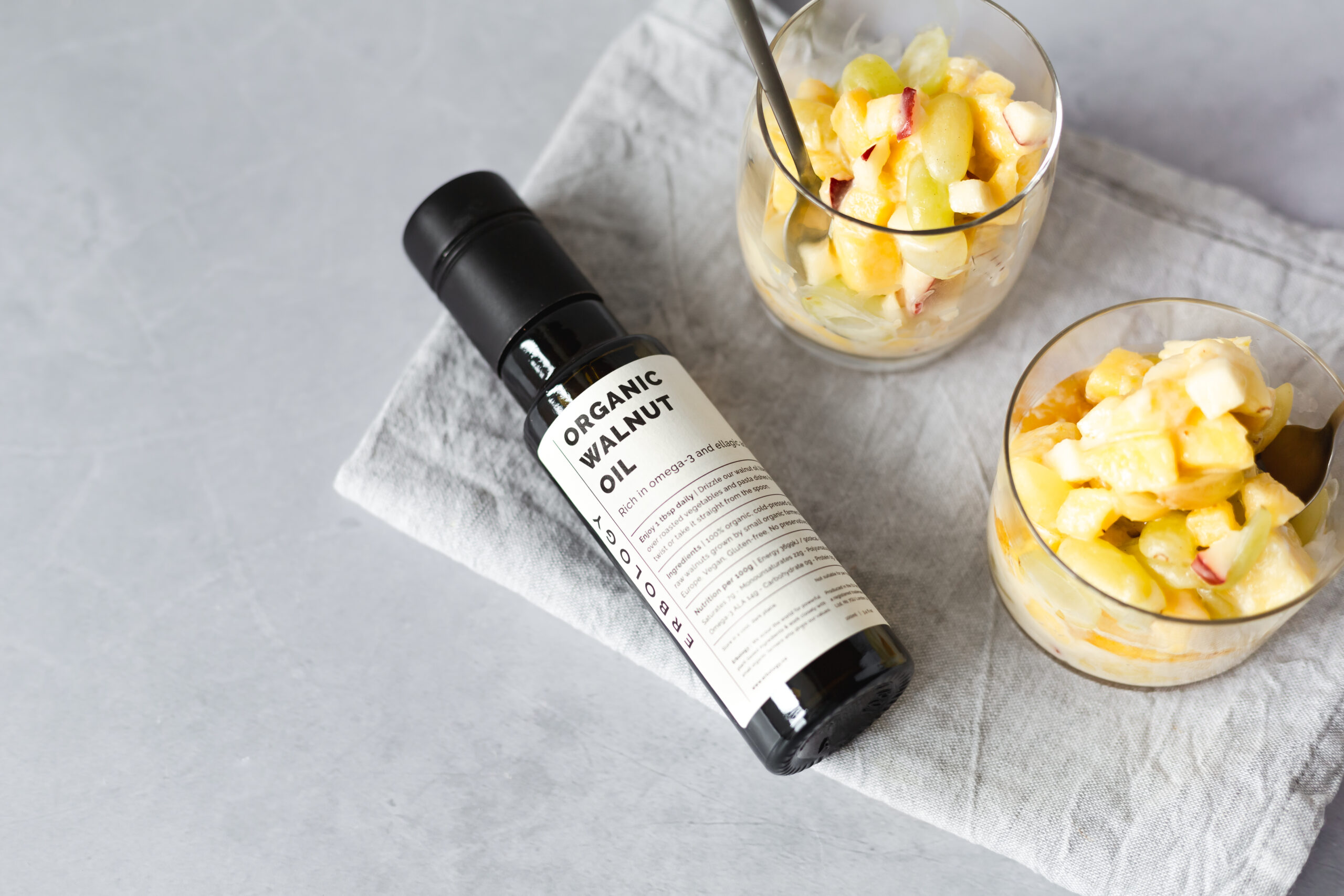
Comments (0)